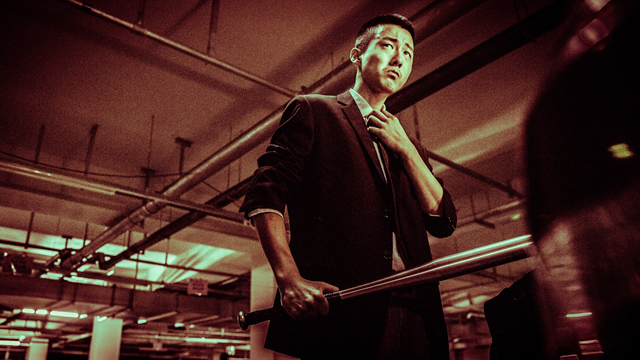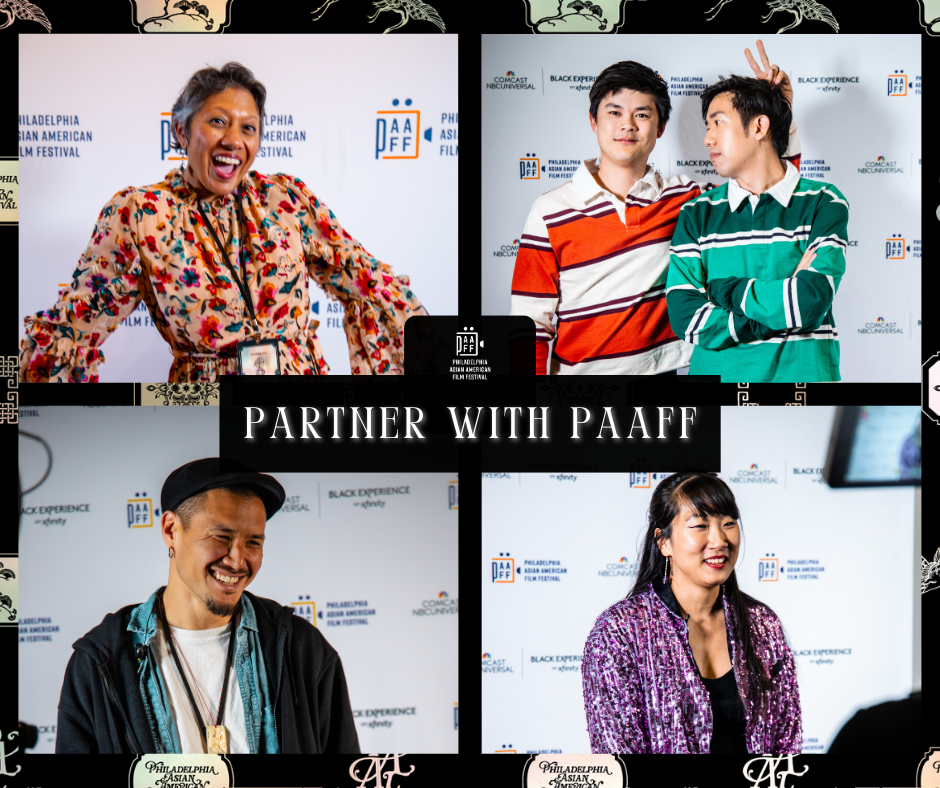Music of Asian America Conference: Militarism, Masculinity, and the Music of Asian America
Institute of Contemporary Art 118 S 36th Street, Philadelphia, PA, United StatesCHAIR: Mandi Magnuson-Hung (Wells Fargo History Museum) One of the most enduring stereotypes in North America is the emasculated Asian male. Created in the late 19th century, this belief arose partly because early Chinese immigrants often had queues and wore silk gowns, and partly because they were forced to take jobs doing what many White Americans considered “women’s work.” As several recent polls and Steve Harvey’s putdown of Asian men demonstrate, this stereotype is still alive and well today. This panel explores how Asian American musicians and the World War II Museum in New Orleans have dealt with issues of Asian masculinity. PANELISTS: Alan Parkes (New York University) Asian American Hardcore: Defying Inveterate Conservatism in Subculture The economic and social conditions of the 1980s offer insight into the era’s youth cultures. The ways in which these conditions affected race and how this was mirrored among youth unveils the influence of prevailing conservative principles on youth cultures, particularly within hardcore punk and its largely white membership, in which purported opposition to larger social structures alternatively turned to subcultural conservative representation. Limited Asian American participation in hardcore stems from this representation. Employing oral histories from Asian American hardcore members, this paper emphasizes their participation in the music scene, how they defied the racial makeup of the subculture, and consequently its adherence to conservatism. Dan Blim (Denison University) Music for the Pacific Theater: Scoring Asian Identities at the WWII Museum In this paper, I consider how three spaces in the World War II Museum in New Orleans continually recast visitors’ understanding of the Japanese and Japanese Americans - drawing on exhibition theory, fieldwork at the museum, and interviews with the museum and audio installation staff. Comparing these three spaces together illuminates both the broader challenges museums face when tackling legacies of race and violence and how sound specifically works to meet those challenges. Donna Kwon (University of Kentucky) Empathetic Asian American Queer Masculinity, Juxtaposed Narratives, and Double Consciousness in the Music of St. Lenox In this paper, I focus on singer-songwriter Andrew Choi, who goes by the moniker St. Lenox. Through video analysis, I hone in on his prominent use of juxtaposed extra-lyrical narrative and horizontal split-screen video production. I posit that these techniques reinforce a sense of “double consciousness” (Du Bois) often experienced by many “hyphenated” Americans. By drawing on performance observations and interviews, I will examine Choi’s double-ness (or other potential hyphenations) in light of his immigrant experiences and queer identity.


